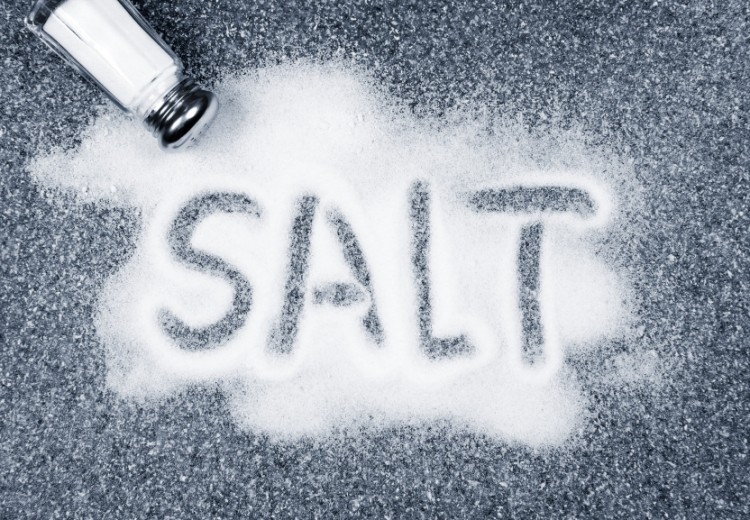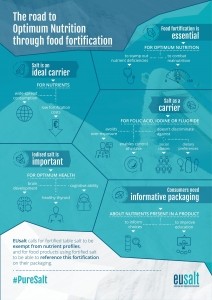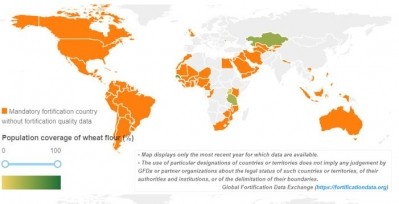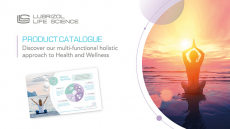EUsalt calls for salt exemption from nutrient profiles to optimise nutrition

The Brussels-based group, which also back projects that fight iodine deficiency, is also calling for food products using fortified salt to be able to reference this fortification on their packaging.
“As European salt producers, we have continuously advocated the need to promote a healthy, well-balanced, nutritious diet and lifestyle,” the organisation said back in October.
“However, we fear that nutrient profiling on which nutrient claims are based, may mislead consumers into believing that they are following a well-balanced, nutritious diet.
“We would like to encourage the Commission to recognise fortified salt as an important tool for Europeans’ well-being and that food fortification regulation should be harmonised throughout the Union to ensure a level playing field within the single market.”
Addressing the European Commission (EC) on the industry’s concerns is in direct reference to the EC’s ongoing Salt Reduction campaign, which EUsalt feel has had dangerous effects on Europeans’ iodine intake.
“EUsalt acknowledges and is ready to work with the Commission to make sure that the use and promotion of fortified salt is not in contradiction with EU policies aiming to reduce salt intake.
“The two objectives are not mutually exclusive, since the promotion of iodised/fluoridated salt does not lead to a higher salt consumption.”

EC salt reduction campaign
On 8 June 2010, the Employment, Social Policy, Health and Consumer Affairs Council adopted conclusions on action to reduce population salt intake for better health.
The Council’s conclusions set out commitments encouraging food manufacturers to reformulate across the full range of food products from premium to economy items, so that all population groups could benefit from a reduction in salt content.
However, concerns raised by EUsalt over an apparent ‘side-lining’ of food fortification efforts with iodine or fluoride amongst others leading the group to speak out and urge a rethink over nutrient profiling.
In a position paper, discussing last month’s REFIT evaluation: Regulation (EC) No 1924/2006 on Nutrition and Health Claims, EUsalt commented that, “regulation should focus on helping consumers achieve optimum nutrition to limit the negative impacts of malnutrition (over and under).”
“Fortified salt is a crucial tool to achieve optimum nutrition. It should be regulated and harmonised throughout the EU.”
Conflicting guidelines
EUsalt called upon the EC to recognise the importance of fortified foods for optimum nutrition, harmonise regulation throughout the EU and consider food fortification as a legitimate health claim.
“It is important for us to stress the following issues so that the European Commission fully comprehends the limitations nutrient profiling may have,” they added.
Current regulation suffers from conflicts between Member states that dispute the minimum amount of a micronutrient that can be added to salt.
Some countries apply lower thresholds than others do and with varying access to fortified salt. This is particularly the case for iodised salt, where access also varies throughout the EU.
With some Member States restricting or forbidding the presence of iodised salt in retail stores (United Kingdom) or in restaurants (France).
The lack of harmonisation can undermine the free trade of fortified salt and its health benefits. This has also led to food based dietary guidelines not harmonised because Member States each establish their own.















